The Quantum Realm – Marvel’s Massive Tiny Universe Explained
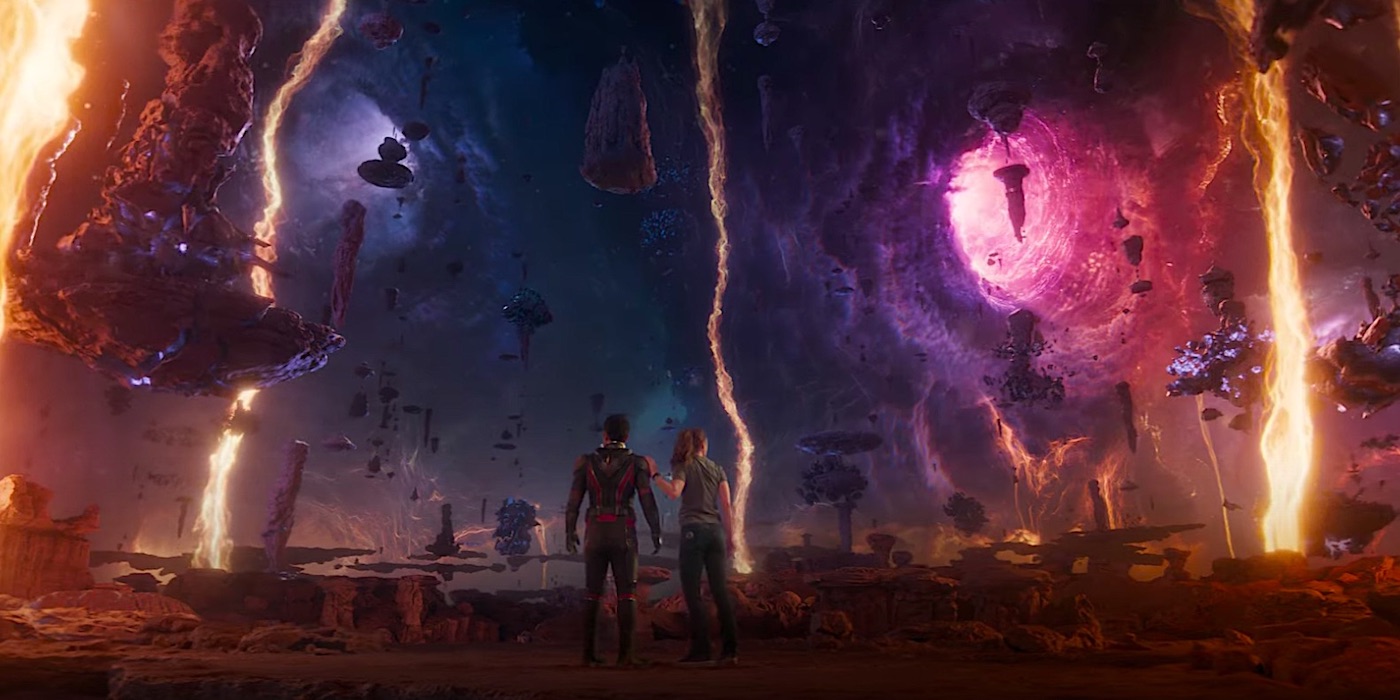
The Quantum Realm has been one of the threads that have tied the MCU together and will play a massive part in the coming saga.
The Marvel multiverse is filled with all kinds of places that are only limited by the imaginations of its writers and artists. From lands of giants to sub-atomic universes that exist below our own, like the Quantum Realm.
Created by: Ray Cummings and Syd Shores
First Appearance: Captain America Comics #26 (March 1943)
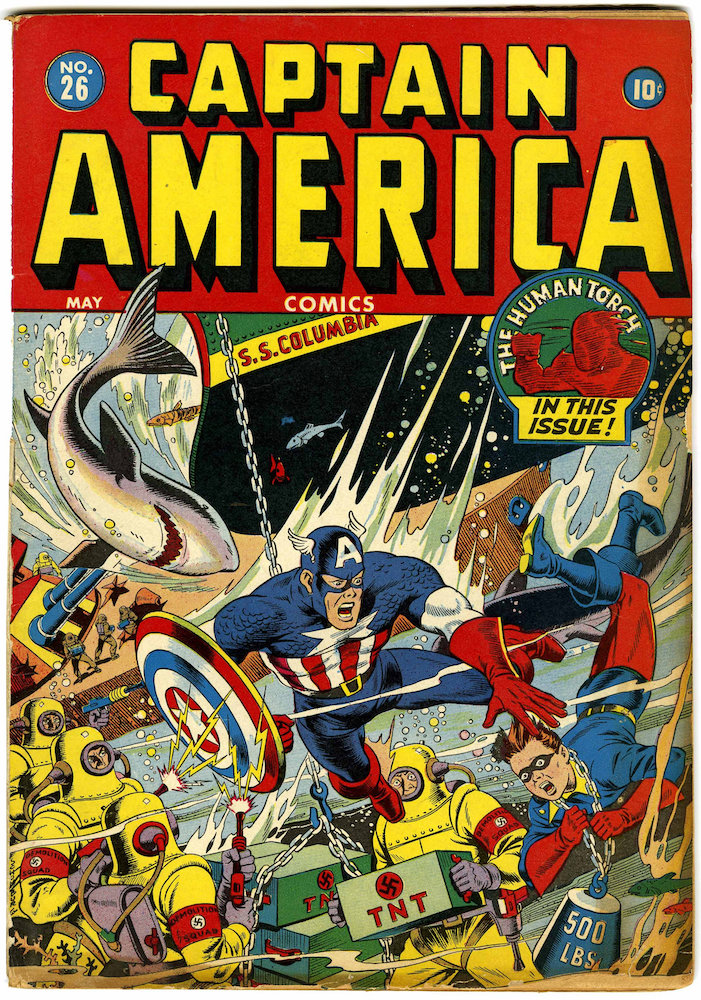
via Marvel, cover art by Alex Schomburg
The Quantum Realm Comic Book Origins
Before it became the Quantum Realm, the sub-atomic universe was known as Micro-World, the Micro-Galaxy, and the Microverse. It was initially created by a time traveler (Prince Wayfinder) from thousands of years in the future as a refuge. It grew to contain kingdoms and vast cities filled with all kinds of beings. That includes an entire planet of lizard men.
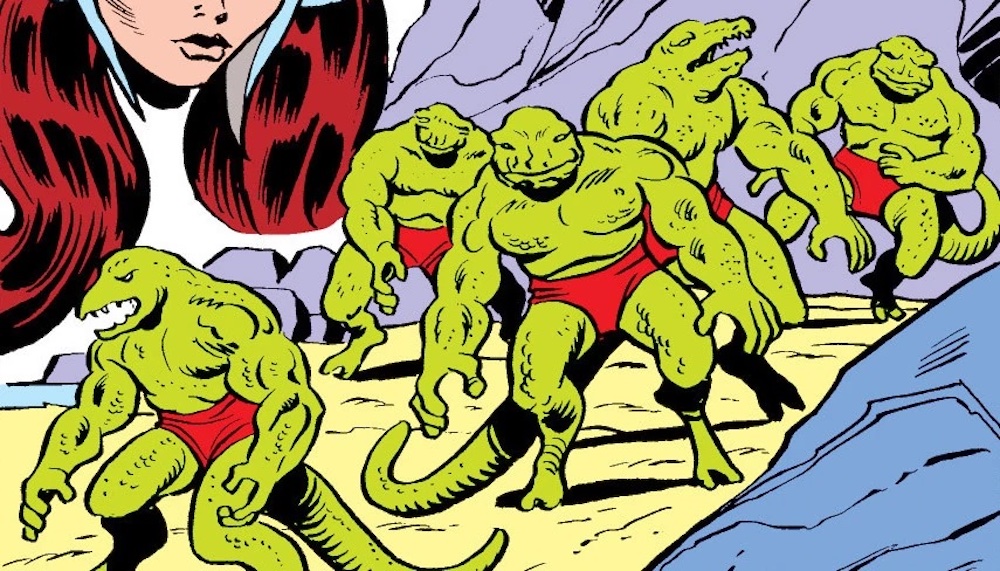
Marvel Two-In-One #87 (1982) via Marvel
The Microverse first appeared on the page in the early 1940s. Author Ray Cummings ported a story about a sub-atomic world he published in 1919 to the comics via a two-part Captain America Comics story where Cap and Bucky travel to the city of Mita. The universe got a boost thanks to a shrink ray wielded by Doctor Doom in Fantastic Four #10. Doom missed the super team and blasted himself into the Microverse, where he quickly conquered the kingdom of Mirwood. The heroes followed him, only to require rescue from the one and only Ant-Man.
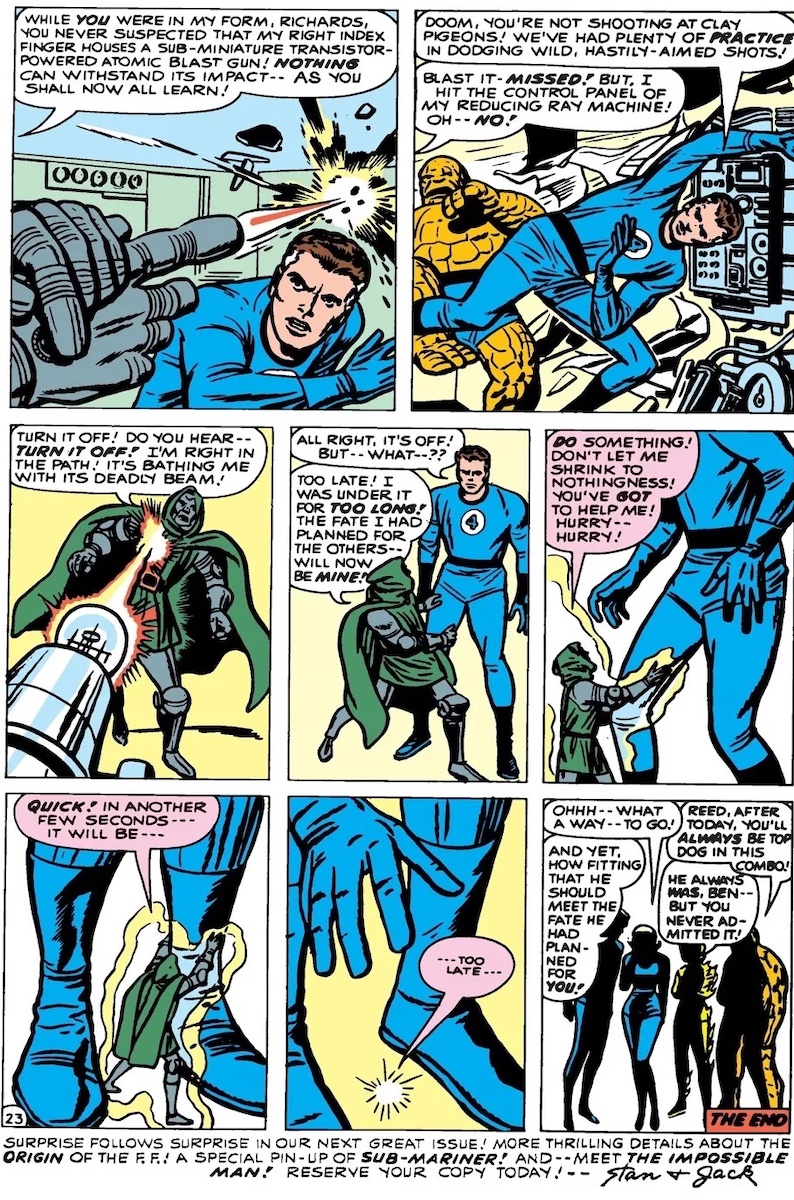
Fantastic Four #10 (1962) via Marvel
The universe became a regular star in Stan Lee and Jack Kirby’s books. It even produced a lasting villain – Psycho-Man, who hails from the Sub-Atomica system. The Silver Surfer used the Microverse to hide from Galactus. In a Harlan Ellison storyline, Hulk found love with Princess Jarella of the sub-atomic kingdom of K’ai, which existed on his pants. More recently, Captain Marvel and Rick Jones used the Microverse as a place to swap bodies when they used the Nega Bands.
But Wait…
Why is it not called the Microverse in the MCU (beyond the fact that Quantum Realm sounds cooler)? In 1979 Marvel teamed up with Mego to create a line of comics based on one of the manufacturer’s popular toys – Micronauts. The heroes in the popular comics protected the Microverse from the evil Baron Karza. There was even an X-Men/Micronauts crossover miniseries. Marvel could keep certain characters and names created for the comics after they lost the license – the Microverse was not one of them.
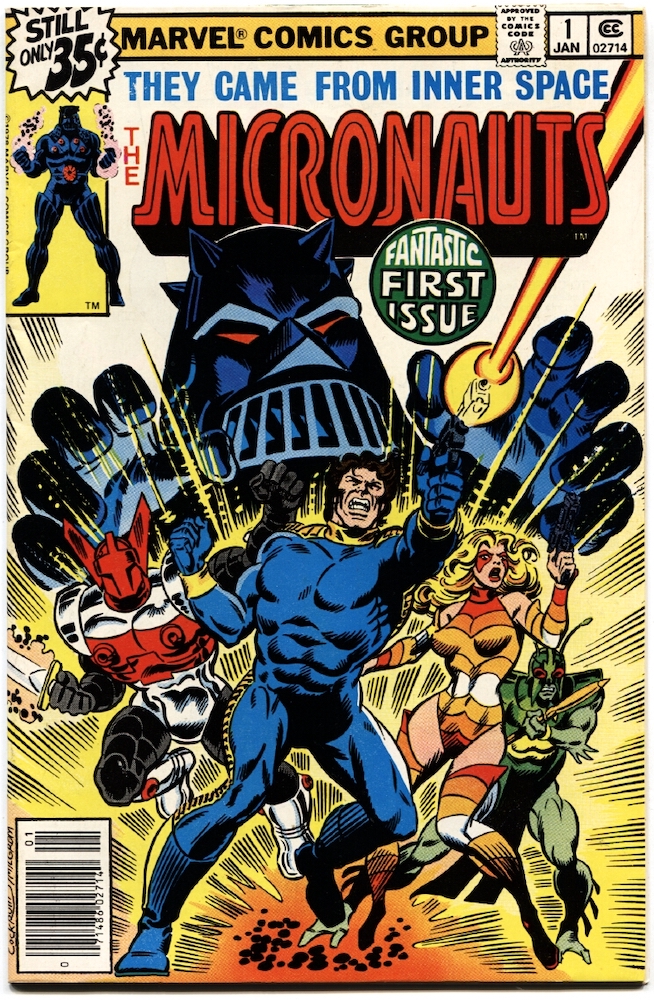
Micronauts #1 (1978) via Marvel
The Quantum Realm in the MCU
The new name is a spin on Marvel’s Quantum Zone, where the energy in the Marvel universe comes from. It was coined by physicist Dr. Spiros Michalakis, a consultant on the Ant-Man movies. The scientist describes the realm as a place where the laws of physics don’t apply. Almost anything is possible if you know how to manipulate the realm’s powers.
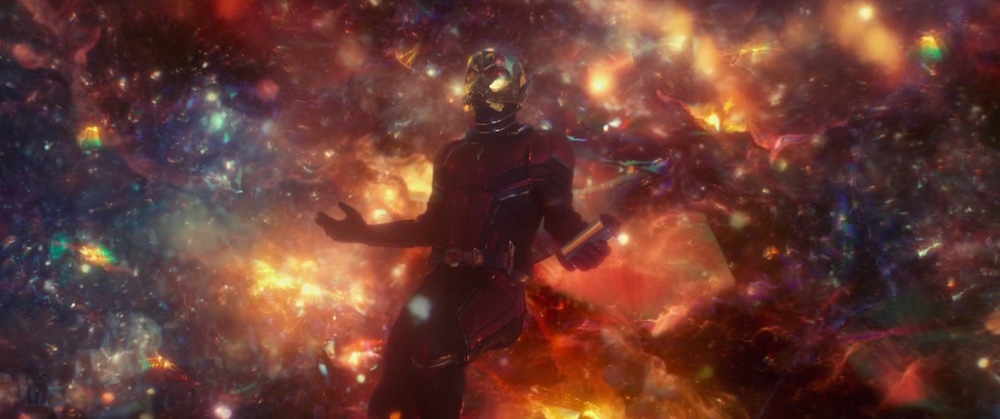
via Marvel
The first time its existence was mentioned on screen was by Hank Pym in the first Ant-Man movie. He tells Scott Lang about his exploration of the dimension and how he lost his wife, Janet Van Dyne, there. We get our first look at the movie’s end when Lang has to shrink down to defeat Yellowjacket. It appears again in 2016’s Doctor Strange. The Ancient One pushes Strange through a series of dimensions to help him understand how little he knows about the way of things.
Lang spends more time in the realm, which he enters before the snap in Ant-Man and the Wasp. He ends up trapped there for five years, though it doesn’t feel that way to him. The knowledge he gains about time travel and the realm helps the Avengers reverse the snap and take down Thanos.
Ant-Man and the Wasp: Quantumania
We’ve gotten glimpses of the Quantum Realm on screen over the last twenty-some-odd movies. Next month, we’ll be diving head first into its LSD-inspired visuals and improbable physics in Ant-Man and the Wasp: Quantumania.
Scott Lang and Hope Van Dyne, along with Hank Pym and Janet Van Dyne, explore the Quantum Realm, where they interact with strange creatures and embark on an adventure that goes beyond the limits of what they thought was possible.




